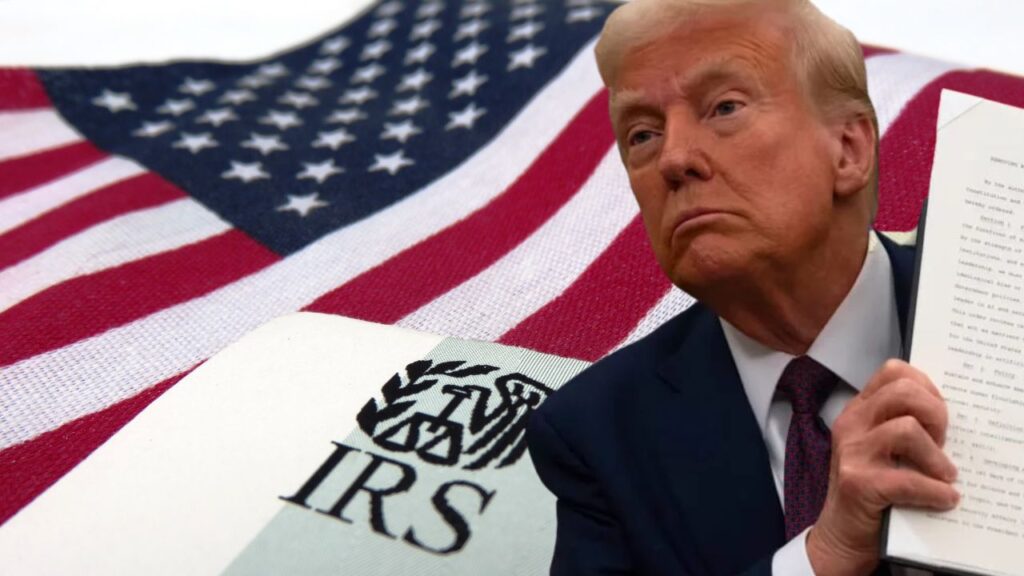The IRS has recently announced a significant change that will affect homeowners and eco-conscious individuals alike. As part of the provisions outlined in the One Big Beautiful Bill Act, eight tax credits related to energy-efficient homes and clean vehicles are set to be phased out between late 2025 and 2026. This phaseout includes crucial incentives for installing solar panels, purchasing electric vehicles, enhancing home insulation, and other green upgrades. Taxpayers are strongly encouraged to take advantage of these credits while they are still available, as their removal could drastically impact the affordability of sustainable investments.
Green tax credits in the US will disappear after 2025
The IRS has confirmed that two significant credits, the Energy Efficient Home Improvement Credit and the Residential Clean Energy Credit, will no longer be available for properties placed in service after December 31, 2025. This change is expected to limit the options available for renewable energy investments, making timely action essential for those planning home improvements.
The changes also extend to commercial properties. The Energy Efficient Commercial Buildings Deduction is set to end for properties with construction starting after June 30, 2026. This means businesses aiming to reduce their carbon footprint and embrace energy efficiency need to expedite their plans.
- Consider implementing solar panels and other renewable energy solutions before the credits expire.
- Evaluate the purchase of electric vehicles to capitalize on existing incentives.
- Plan for home insulation and other energy-efficient upgrades while the credits remain.
These changes highlight the importance of acting now to benefit from the current incentives. The opportunity to invest in a more sustainable future, while still enjoying the financial perks, is fleeting.
The landscape of clean vehicle incentives is shifting, with significant credits set to expire on September 30, 2025. Here’s what you need to know to navigate these changes and maximize your benefits.
Several key credits are on the chopping block:
- Previously Owned Clean Vehicles Credit
- New Clean Vehicle Credit of $7,500
- Qualified Commercial Clean Vehicle Credit of up to $40,000
All these incentives are scheduled to expire after September 30, 2025. Given this timeline, it’s crucial for potential buyers to plan their purchases accordingly.
Tax professionals recommend consulting experts to fully leverage these financial advantages before they disappear. The IRS has laid out specific conditions under which these credits can be claimed:
- The buyer must take possession of the vehicle.
- A written binding contract must be completed.
- Payment must be made by the September deadline.
Furthermore, the IRS allows taxpayers to claim credits once the vehicle is placed in service, provided the above conditions are met. Dealers are required to supply a time-of-sale report either at delivery or within three days of the transaction.
The Debate Surrounding EV Credits
While these credits have undoubtedly accelerated the adoption of electric vehicles (EVs), they have also sparked controversy. Critics, including former President Donald Trump and several Republican lawmakers, argue that these incentives are both costly and coercive.
Despite the debate, the impact of these credits on the clean vehicle market is undeniable. As the deadline approaches, staying informed and taking action could mean significant savings for savvy buyers.
